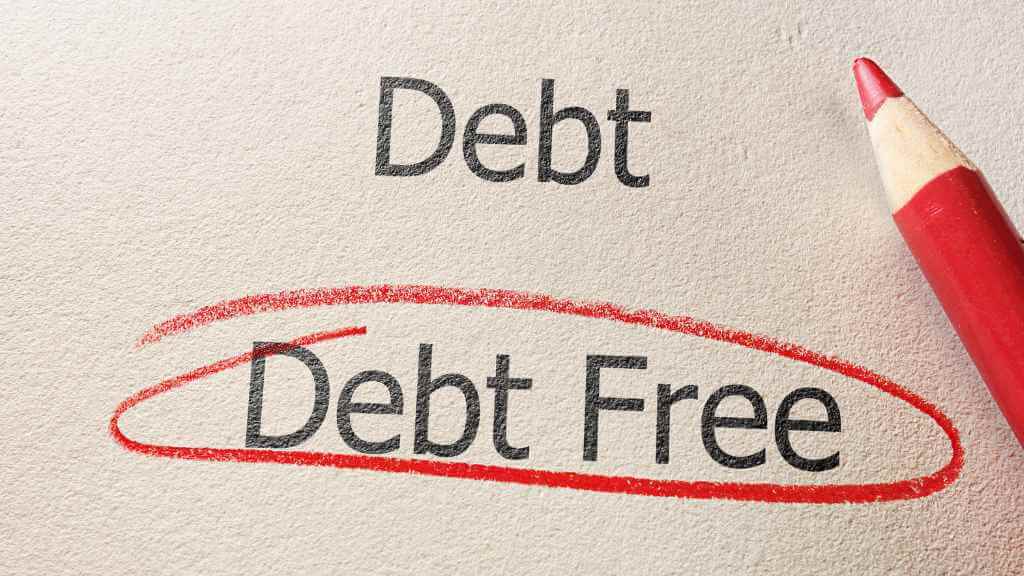Top 4 bad money habits to break

Not paying attention to these four bad money habits can lead to over-indebtedness very quickly, especially considering South Africa’s interest rate hikes and a worsening economy.
Bad money habit 1: Forgetting to budget
Do you know how much you’re spending and what you’re spending it on every month? Or are you living from paycheck to paycheck, just hoping to make it through each month? If you don’t know what’s happening with your monthly finances, you won’t be able to make informed decisions about how to spend or save.
This can quickly lead to bad debt if you’re not careful and it can be a slippery slope once you’re on it. If you need assistance in managing your debt, please reach out for a free callback from one of our NCR-registered debt counsellors.
How to start budgeting
Take one or two months and look at where you use your money. Track your spending and get a rough idea of how you can budget for the next month. Then create a monthly budget and think of it each time you want to spend money.
Reference the budget before you make the purchase and if it’s not aligned with the budget, check back in later in the month to see if you can afford it. This will help you avoid making unnecessary purchases throughout the month, which will help you save money and avoid debt.
Bad money habit 2: Not a savvy saver
If you don’t have any savings as a backup, you could run into trouble if an unexpected expense comes up. In South Africa, this can happen very quickly because of things like electricity shortages and petrol increases.
Using credit in the face of an unforeseen payment can lead you to debt quickly because it’s difficult to cater for your other expenses if you’ve used up your overdraft. It also makes it much more difficult to plan for the future, and using credit for things like holiday planning can also be a dangerous strategy for your financial wellbeing. Before you know it, loans are piling up and you need to consider debt review to protect your assets and get back on your feet.
Good habit: Make slow saving a habit
Remember that budgeting point above? If you make saving a part of it, you don’t need to think about it. Start small and grow your saving month-by-month where you can. If you know you’re saving money, you will get into better spending habits automatically. It’s a win-win, and your future self will thank you down the line!
Bad money habit 3: Spending over your earnings
If you spend more than you are earning, you will see debt creeping in and increasing every month until it becomes unmanageable. Soon, a Section 129 Letter arrives, and you’ve jeopardised your loved ones’ future.
Read: How debt can impact your loved ones
As debt creeps in, interest comes into play. As interest enters, the debt increases, becoming harder and harder to get out of. Unfortunately, it’s simple maths that leads to a complicated situation.
Good habit: Cut back on unnecessary expenses
Start with the luxury things that you can live without. Clothing shopping that you don’t need, cutting back on how frequently you dine out or order takeaways, going for fewer hair treatments and considering your budget with a conservative mindset. Make a habit of saving money rather than overspending.
Bad money habit 4: Paying debt inconsistently
It’s not a great strategy to try and pay debt instalments one month and ignore them the next. That’s one surefire way to get a bad credit score and get into financial trouble without properly addressing the issue.
It could lead to unplanned interest rate costs, over-indebtedness and even financial ruin. If you are struggling to meet your debt obligations, consider using one of these options:
- Draw your free credit report and credit score to get an overview of your current debt status.
- Assess your finances to see if you are nearing over-indebted status.
- Consider debt review or a consolidation loan to protect your assets and pay your debt based on what you can afford.
- Don’t take out loans hastily; research the different personal loans available in South Africa.
- Should you get retrenched, know your rights where it applies to debt.
Develop good debt habits
Make debt repayments a part of your budget. If you can pay back your monthly instalments consistently, you’ll be in a place where you can get debt out of your life and keep it out.
If you struggle to pay your debt back, you might be over-indebted. If this is the case, we are here to help! Contact Debtline, and we’ll help draw up a strategy to help you get rid of debt once and for all.